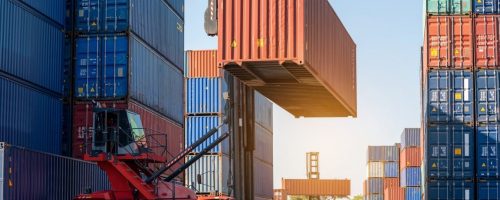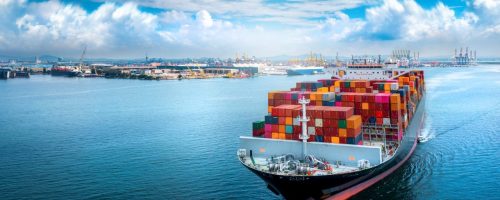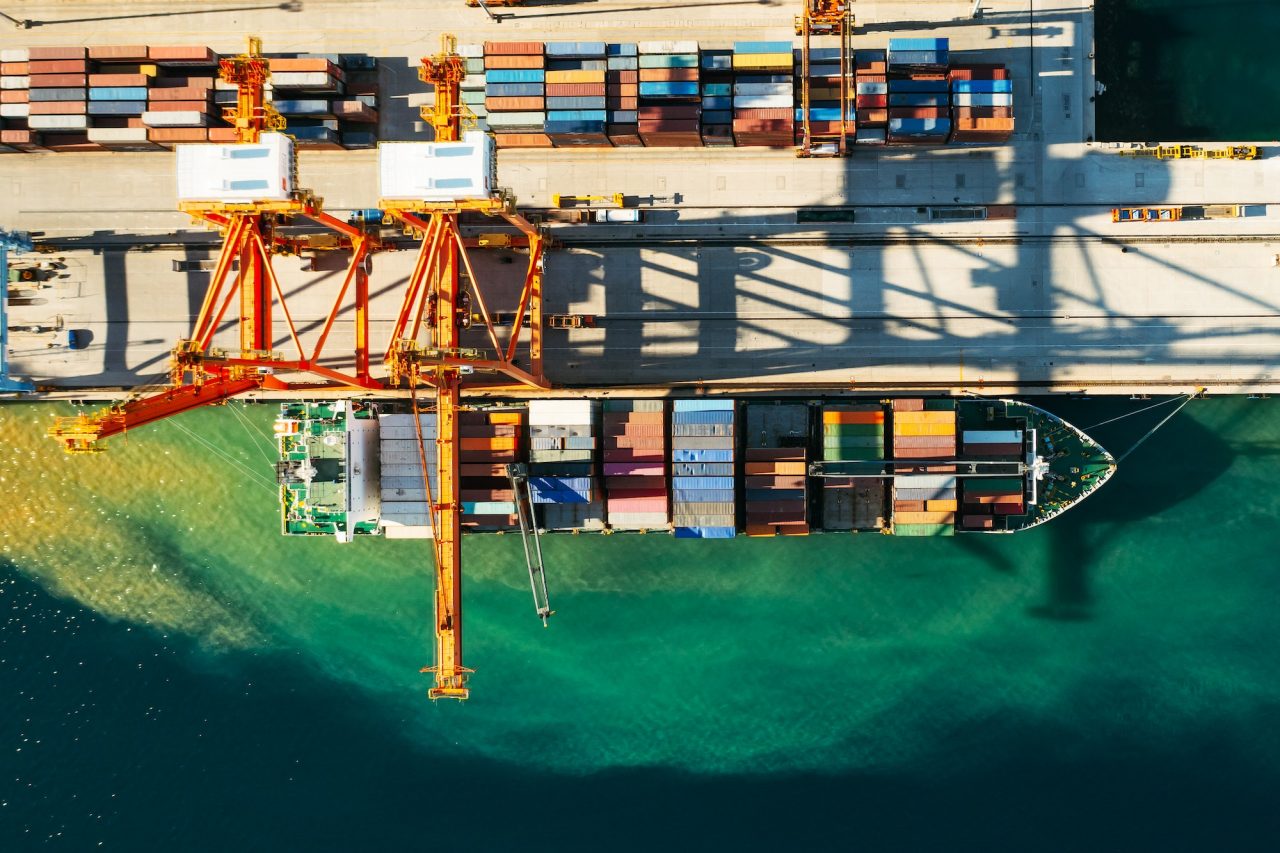
We are committed to ensuring the safe transport of your goods to major ports and destinations worldwide…

International trade faces various challenges. Trade barriers, complex legal systems, and regulations increase costs and restrict the free flow of goods. Logistics costs and efficiency issues make cross-border operations complex and expensive. Cross-cultural communication and language barriers can lead to misunderstandings and unpleasant trading experiences. Supply chain risk management is crucial, as global events or supply chain issues may cause delivery delays and business disruptions. Cross-border payment and financial issues also add to transaction risks and operational pressures.
Despite these challenges being daunting, businesses and parties involved in international trade can actively address these issues and achieve smoother and more efficient international trade and logistics operations through measures such as global cooperation, trade liberalization, and digital logistics platforms.
Importers face multiple challenges in international trade. High tariffs and trade barriers increase product costs and reduce competitiveness. To address this challenge, importers need to understand the trade policies of various countries and plan import strategies to reduce tariff burdens. Trade compliance and documentation requirements are also issues that trouble importers, as they need to invest time and resources to meet the regulations and standards of destination countries.
Logistics and transportation management present another challenge where importers must collaborate with logistics companies while controlling costs and risks. Quality control and supply chain management are also essential, requiring the establishment of effective supply chain mechanisms to ensure product quality and compliance. Cross-cultural communication and language barriers can lead to communication hurdles, so importers may need to rely on translation and cultural consulting to ensure accurate communication. Supply chain risk management is also a crucial concern that importers must address, necessitating comprehensive risk assessments and the implementation of corresponding risk management measures.
In the face of these challenges, importers need to possess specialized knowledge and experience and maintain good relationships with all parties involved. Actively seeking solutions and leveraging technological tools to enhance efficiency and reduce risk are also crucial. Through continuous learning and adaptation, importers can achieve success in the international trade and logistics field and achieve sustainable development.
Lorem ipsum dolor sit amet, consectetur adipiscing elit. Ut elit tellus, luctus nec ullamcorper mattis, pulvinar dapibus leo.






